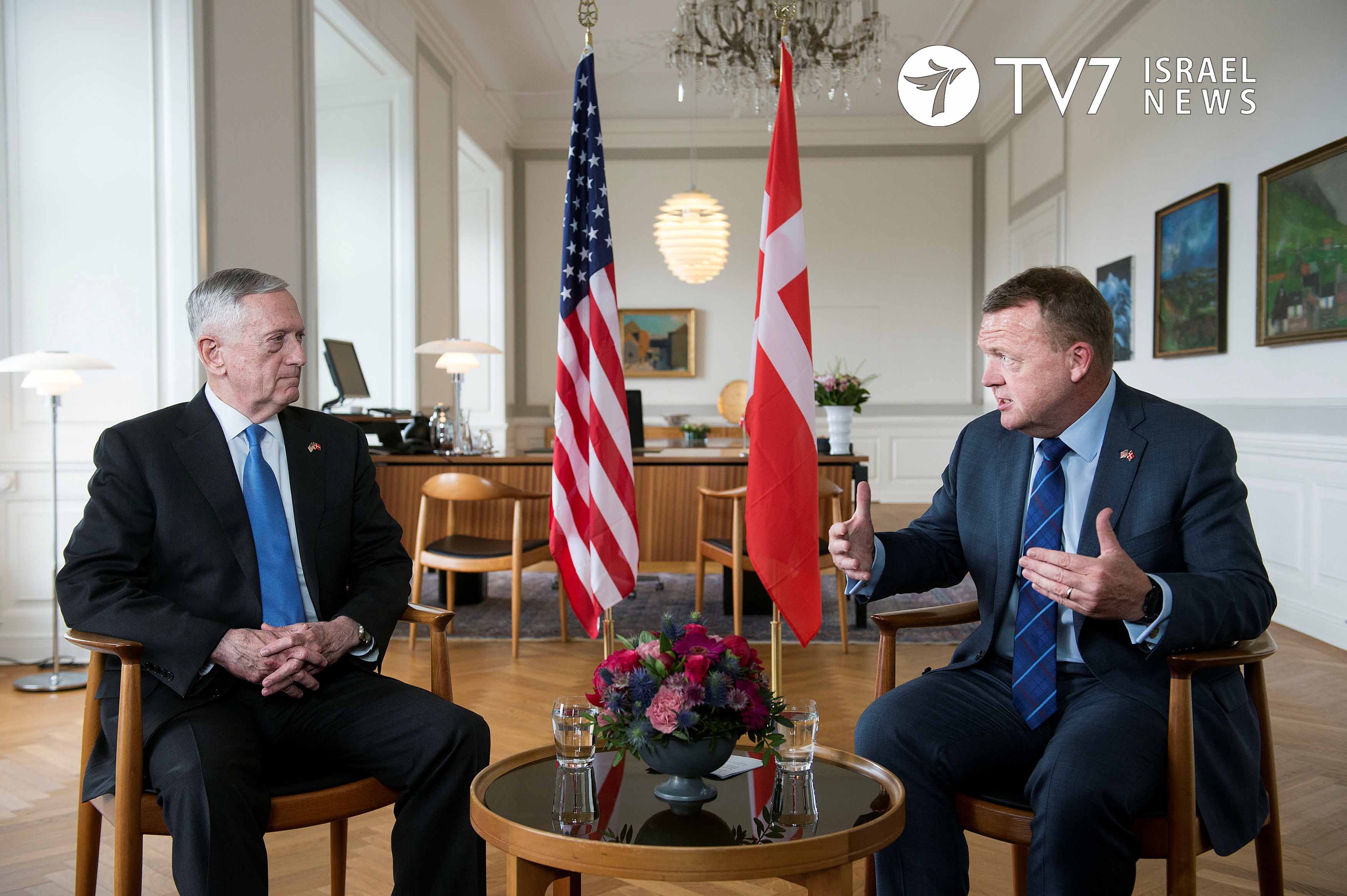US Defense Secretary James Mattis declared, during an official state visit to Denmark, that any issues Washington has with Moscow must be resolved “by diplomats and no other way”. The declaration by the American top defense official came after he announced upon arrival in Copenhagen, that the United States would examine a Russian proposal for de-escalation zones in Syria, which aim at easing the bloody conflict that already claimed the lives of half a million people, and created the worst refugee crisis since world war two. Nevertheless, as trust between Washington and Moscow seems to be at an all-time low, Secretary Mattis said that the document will have to be examined very carefully to assure that the details would truly fulfill the desired reality.
“We’re going to have to look at it, the devil’s always in the details, right? So, we’ve got to look at the details and see if we can work them out. See if we think they are going to be effective. Can we actually execute them? In other words, there’s a lot of decisions to be made both in the planning and coordination among a number of nations, and obviously in execution. Lots to be worked out, can’t give you a lot of specifics, but we owe it to the situation there and the people there to at least examine it very, very carefully,” said Mattis.
The de-escalation zones agreement, which was formulated and signed upon by Russia, Turkey and Iran, aims at strengthening a nation-wide cessation of hostilities, that would establish a foundation for a much-desired political process that would see an end to the conflict. That said, Russia’s deputy defense minister emphasized that additional guarantees for the implementation of the document, by both the United States and Saudi Arabia, would further assure its success.
“A constructive attitude by Iran and Turkey who supported the idea of strengthening the ceasefire regime played an important role in the timely preparation of the memorandum for the signing. A positive role in creation of the de-escalation zones was played by the position of the United States which welcomed the steps to decrease violence in Syria.” / “At the same time support of the document by the U.S. administration and the leadership of Saudi Arabia and other countries is an additional guarantee for its implementation,” said Alexander Fomin, Russian Deputy Defense Minister.
Syria’s government of President Bashar Assad vowed to abide by the document, as its implementation would assure the regime that the Syrian opposition groups would be effectively separated from the Al-Qaeda linked Nusra front, as well as the Islamic State. The Syrian opposition, however, vehemently rejected the document, claiming it would provide the Syrian regime the tools to attack the anti-government militias in the countries under the pretext that those militias are either the Islamic State or al-Qaeda. That said, the Syrian Observatory for Human Rights reported a drastic reduction in fighting across Syria since the deal was signed, but warned it was too early to say whether it would last.
